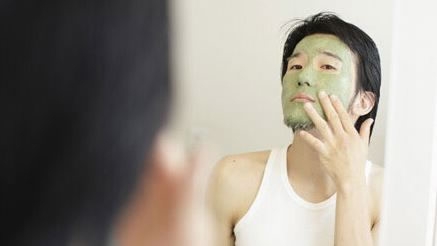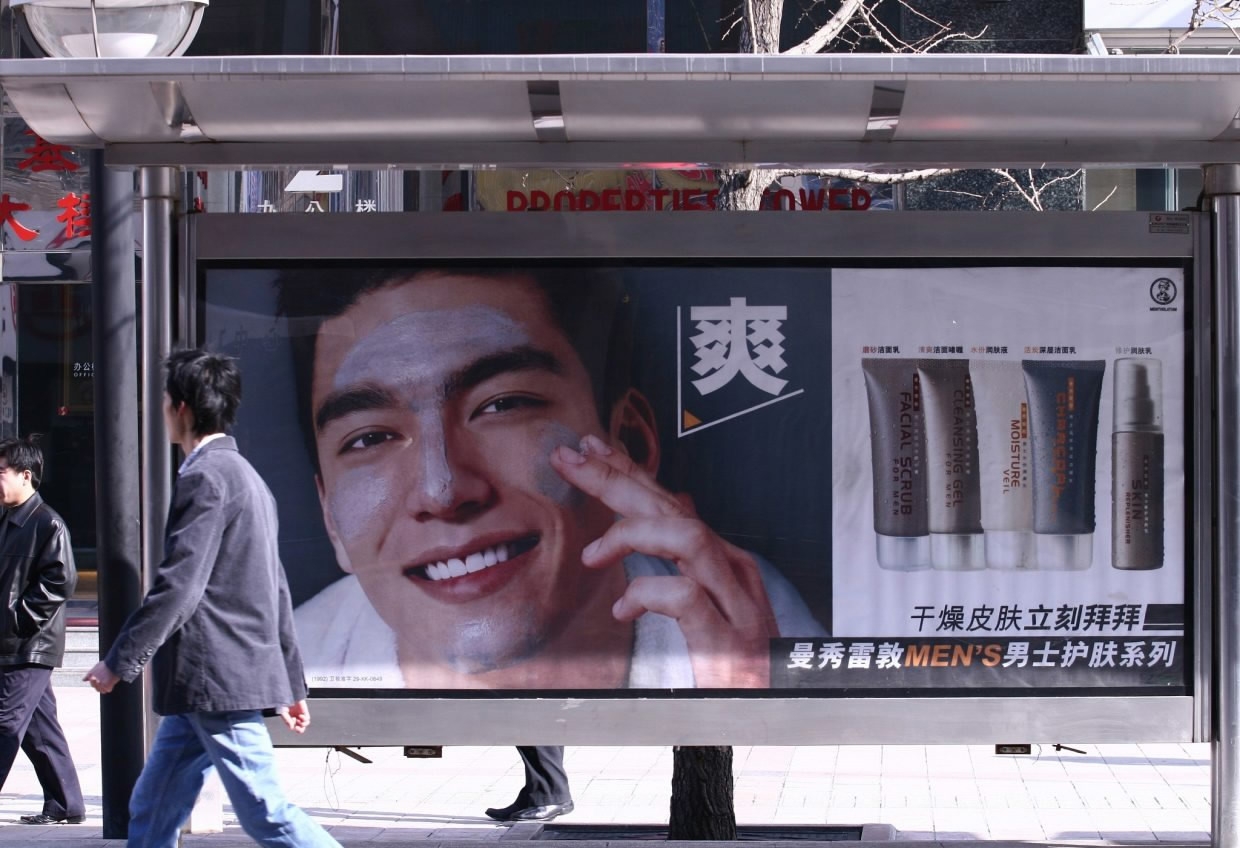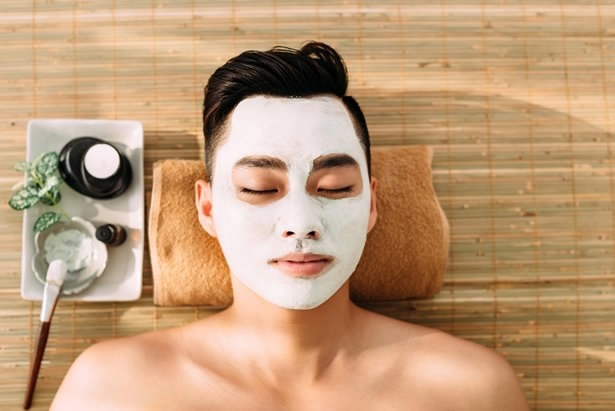
Culture
21:41, 23-Aug-2017
Chinese men spend 24 mins on grooming routine: Report
CGTN

Chinese males from first-tier cities spend nearly half an hour on their daily grooming routine, a number much higher than it was a decade ago, a new survey revealed in the Paper, one of the China's leading news websites.
Chinese male consumers have long been underestimated as consumers of cosmetics and skincare, as traditionally, men should care less about their appearance than women. The growth in Chinese male consumers' self-consciousness about their appearance, grooming and skincare makes this no longer only a thing for women.

Photo via JingDaily
Photo via JingDaily
According to a newly released report by Boston Consulting Group (BCG), 88 percent of male participates showed that they habitually browse beauty and fashion related information online and 83 percent of males aged 18 to 35 in the first-tier cities think that the use of skincare products is necessary.
Stylish and single men are among those considered to be contributing the most to the increase in male online consumption, the report stated.
"Skincare has long been considered a priority for women, in recent years, we feel that men have started to care about grooming and skincare," said Li Jun, Marketing Director of the Shanghai Jahwa Corporation, a Shanghai-based skincare brand.

Photo via sohu.com
Photo via sohu.com
"Their needs for skincare and grooming have grown from a simple facial cleanser to rigorous a beauty regime including lotion, toner, cream and facial masks," Li added.
A primary reason for this surge in interest is the role that personal appearances play in potential job or relationship prospects, with 73 percent of males stating they believed it was important for finding a job or dating someone.
A study released by Hong Kong Trade Development Council found that Chinese male consumers aged 20 to 45 using about 3 or 4 skincare products per day.
In general, young males care more about skincare and they use more products than their older cohort. The same study also suggested that a man is likely to spend more money on skincare and beauty products when he has more disposable money.

SITEMAP
Copyright © 2018 CGTN. Beijing ICP prepared NO.16065310-3
Copyright © 2018 CGTN. Beijing ICP prepared NO.16065310-3